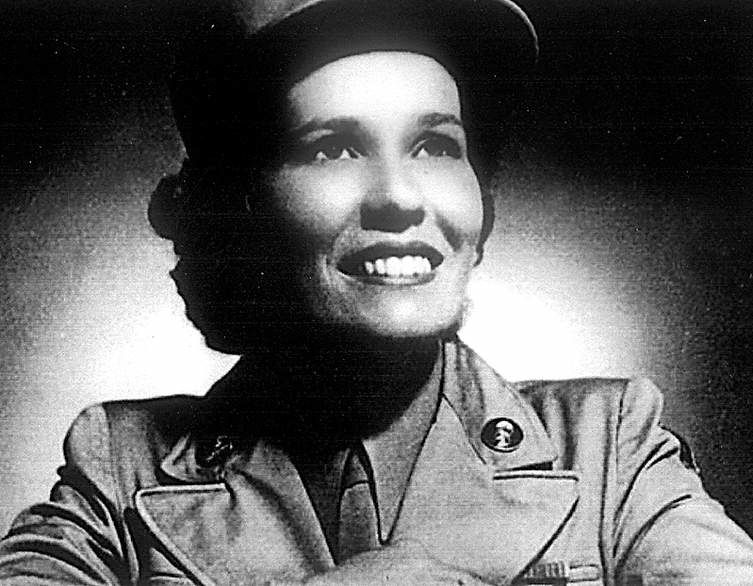Barbara Podoski worked for the OSS during World War II
Published 5:00 am Sunday, August 23, 2009

- Barbara Podoski, shown in 1945 while with the Office of Strategic Services in North Africa and Italy, was one of the agencys few female operatives.
WASHINGTON Barbara Lauwers Podoski, who launched one of the most successful psychological operations campaigns of World War II, which resulted in the surrender of more than 600 Czechoslovakian soldiers fighting for the Germans, died of cardiovascular disease Aug. 16 at the Veterans Affairs hospital in Washington. She was 95.
One of the few female operatives in the Office of Strategic Services, the wartime predecessor to the CIA, she found creative ways to undermine German morale. Much of her work remained secret until last year, when her OSS personnel records were declassified.
Trending
A multilingual native of Czechoslovakia, Barbara Lauwers, as she was then known, primarily interrogated prisoners of war from her base in Rome. An antagonistic Nazi sergeant under her questioning in 1944 mentioned that Czechs and Slovaks were used to do the Germans dirty work along the Italian front.
Lauwers, a private, realized there was an opportunity to flip the loyalties of her former countrymen. She quickly borrowed the Vaticans Czech and Slovak typewriters and prepared leaflets in both Czech and Slovak languages that urged the conscripts to change sides, telling them that they were being used. Shed this German yoke of shame, cross over to the partisans, she implored them.
Within a week, many Czech and Slovak soldiers who had been working for the Germans crossed the Allied lines and surrendered. At least 600 had her leaflet in their pockets.
The German who tipped her off apparently didnt realize that she was no one to trifle with. He repeatedly vilified President Franklin Roosevelt until Lauwers, who enlisted in the Army on the day she became an American citizen, had enough.
I told him to stop, and he didnt, so I took my little fist and hit him in the nose. I gave him a knuckle sandwich, she told reporters in 2008, after her personnel records were released at the National Archives. I was very ashamed of myself, because I had a pistol under my jacket and he was unarmed.
The pamphlets she wrote were distributed by other German POWs being held in and near Italy whom she helped select and train during Operation Sauerkraut, which sent them behind German lines to litter the countryside with propaganda claiming that the attempt on Adolf Hitlers life in July 1944 sparked a rebellion in the army.
Trending
After the war, Podoski joined the Library of Congress as a research analyst, where she worked for 20 years before retiring in 1968. She returned to Austria for a visit in retirement and stayed there nine years, assisting in the Vienna office of an international refugee organization.
She moved back to Washington in 1977.








